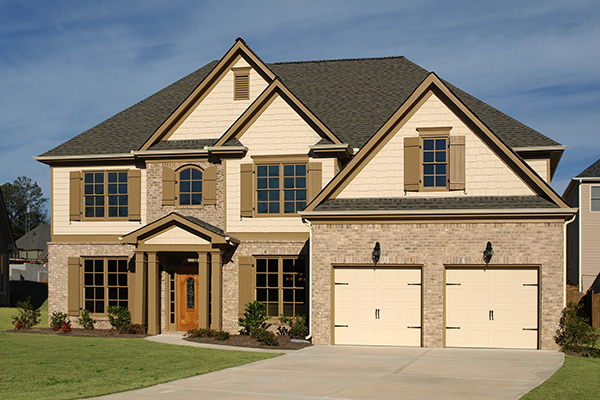FAQ for Insulation
What is R-Value?
The “R” in R-value stands for resistance to heat flow. The higher the R-value, the higher the level of resistance and the greater the insulating power. R-value requirements vary depending on climate and building type.
What R-Values are recommended for homes in this area?
Please visit the Energy Codes for more information on the minimum insulation R-values throughout Kentucky. This information is derived from the 2009 International Energy Conservation Code, Table 402.1.1.
What are the main types of insulation to choose from?
There are a few types of insulation materials to choose from, each having its own set of pros and cons. The insulation type you choose will depend on your needs.
- Batt & Roll
- Loose Fill
- Rigid Foam
- Spray Foam
- Fiberglass
- Cellulose
- Spray Foam
- Radiant Barrier (warm climates)
Which product is the best?
Every insulation job has its own unique set of requirements and every homeowner has their own budget guidelines. To make an informed decision, it’s extremely important to talk to a knowledgeable insulation expert so you can learn exactly what options are best for you. Call us at (502) 817-8400 for a free, no-obligation consultation.
Can insulation help with noise control?
Airborne noises such as conversation, running appliances, electronic devices and household equipment carry and echo through walls, ceilings and floors. Good insulation has the ability to drastically reduce such atmospheric interference, leaving rooms much quieter.
According to Energystar.gov, insulating your home can reduce the noise from outside your house as well as making it harder for pollen, dust and insects to get into your home, better humidity control and lowering the chance for ice dams on the roof/eves in snowy climates. In addition to keeping the noise levels low, this will also improve the overall comfort of your home.

SCHEDULE A CONSULTATION!
Call us today at 502-817-8400 or fill out the form for a free estimate and learn how we can help you save energy.
